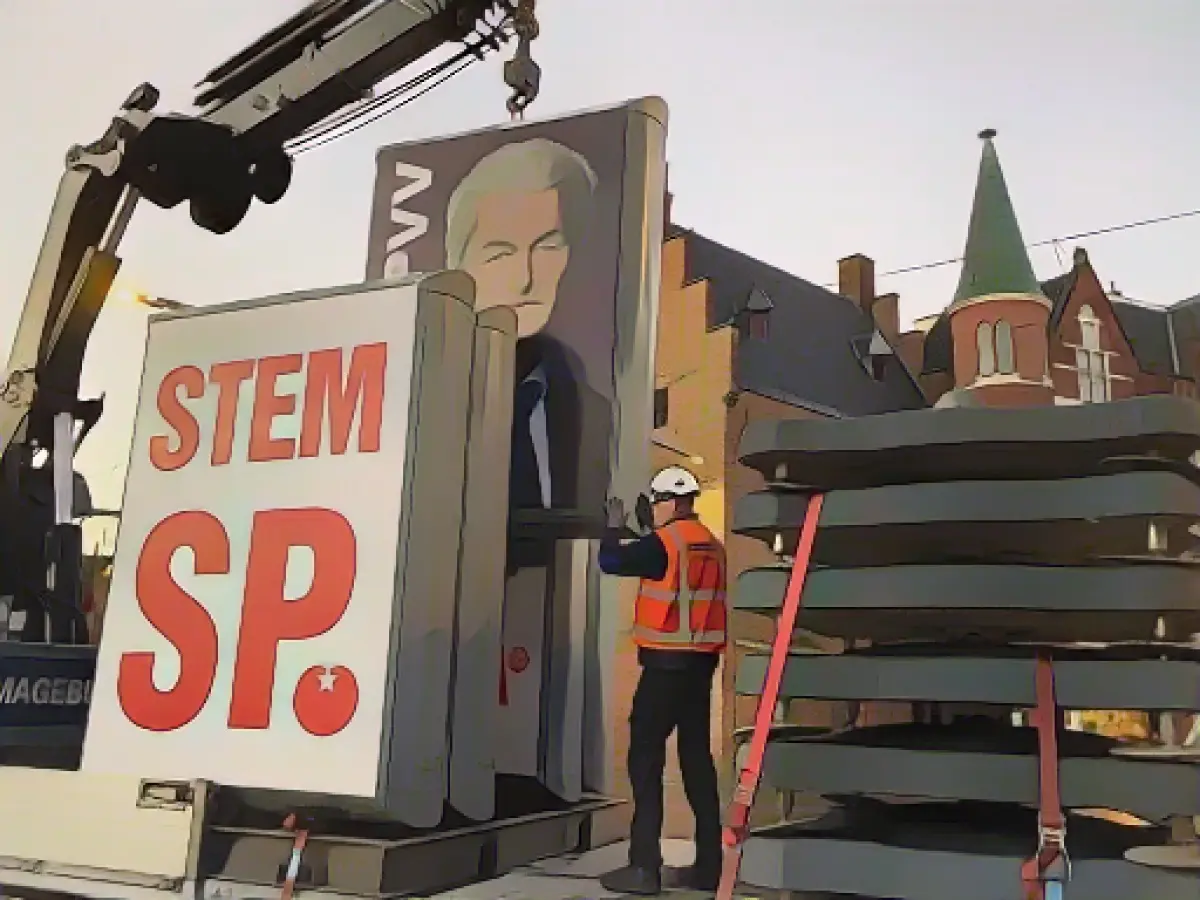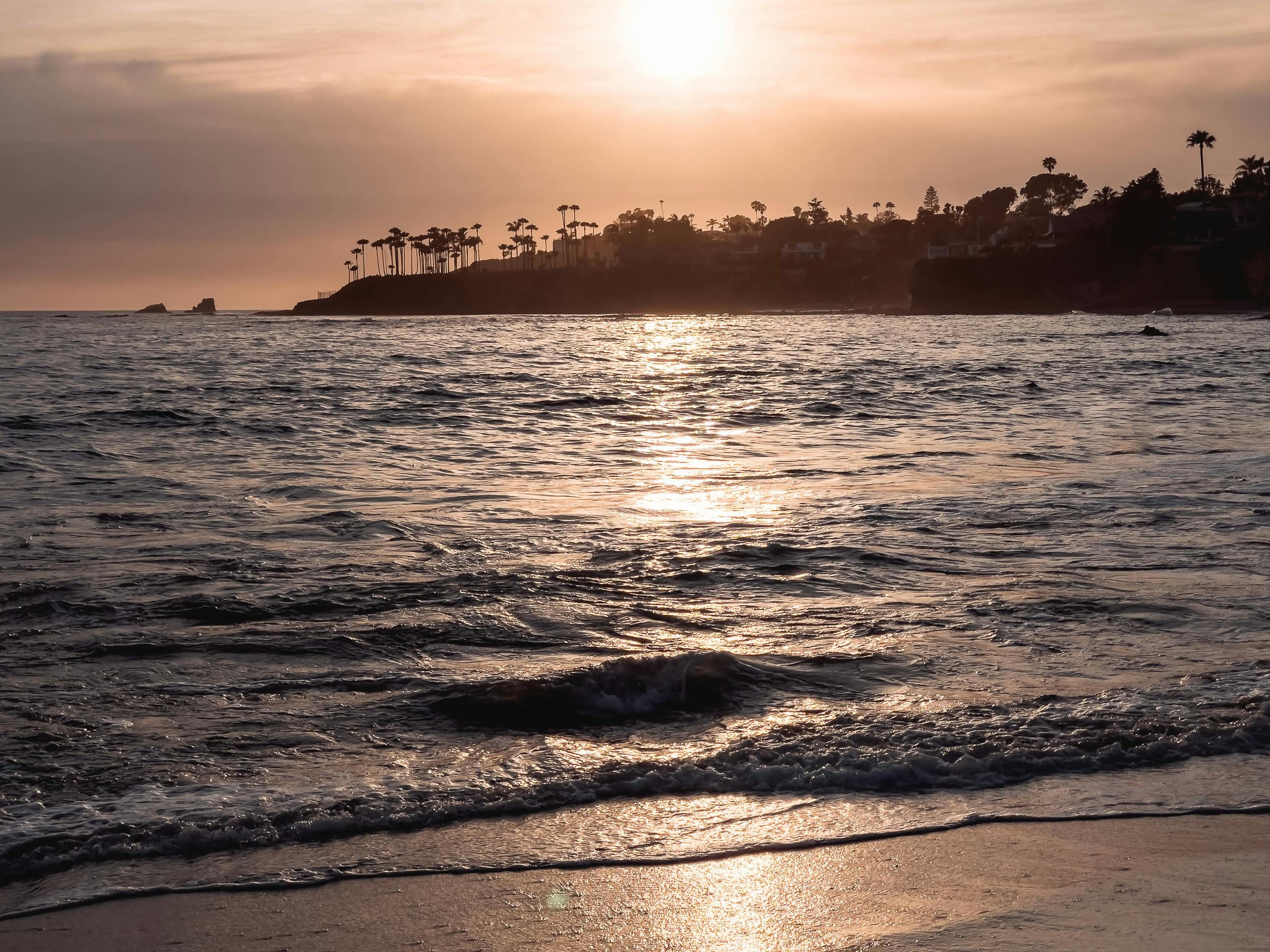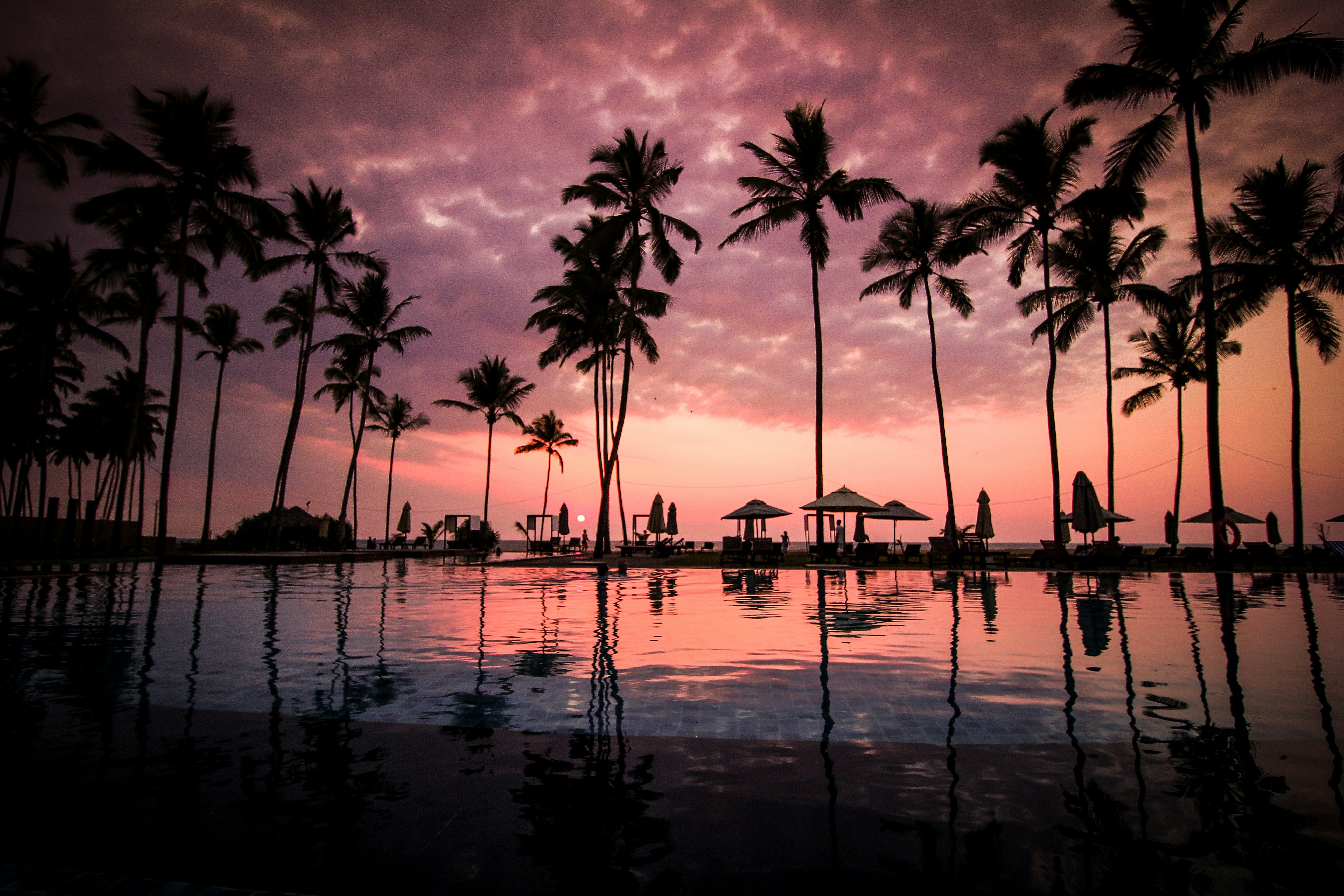In the Netherlands, the triumph of right-wing populist Geert Wilders and his Party for Freedom (PVV) in the elections sparked widespread demonstrations against prejudice, xenophobia, and the perceived discrimination of Muslims. A sea of individuals, united by their conviction that fundamental human rights should be protected for all, filled the streets of several Dutch cities.
The initial rally in Amsterdam's Dam Square on Thursday evening was initially billed as a show of solidarity for Palestinian rights and opposition to Israel's attacks on the Gaza Strip. However, the event had subsequently transformed into a response to Wilders' election victory and his party's anti-Islam stance, which had earned them 37 seats in the Dutch Parliament.
Utrecht's town hall hosted around a thousand people, who chanted "You are not alone" and emphasized that fundamental rights should be guaranteed for everyone. The mass gatherings expressed concerns about the potential for discrimination, racism, and hatred towards Muslims in the wake of Wilders' success.
Not only was the Dutch public alarmed by Wilders' election victory, but mainstream parties and civilian organizations also voiced their dissatisfaction with his divisive and discriminatory policies. These policies encompassed proposals such as banning the Quran, taxing the hijab, disallowing new Muslim immigration, and shuttering mosques. Critics argued that these policies contribute to Islamophobia and perpetuate anti-Muslim sentiment.
The historical context in the Netherlands is not without its own challenges. High-profile incidents, including the murder of Theo van Gogh in 2004 and subsequent violence against mosques and Islamic schools, have exacerbated tensions between native Dutch and Muslim communities. As a result, anti-Muslim sentiment and continued vandalism against mosques have persisted.
Despite attempts to combat discrimination by the Dutch government, such as partially banning face-covering attire in 2016, these efforts have been criticized for inadvertently promoting anti-Muslim sentiment. Organizations like Meld Islamofobie! and the Collective against Islamophobia have strived to counter these discriminatory policies and promote unity among various Dutch communities.
Meanwhile, the current coalition government has been challenged to maintain a balance between security, integration, and the rights and dignity of all citizens. This delicate balance has resulted in compromises on issues like immigration policy, although not all coalition partners share Wilders' unwavering positions on divisive topics like Israel, which has led to internal conflicts within the government.
In light of the recent incidents targeting supporters of an Israeli soccer team in Amsterdam, the debate has only continued to escalate. Proposals for stricter regulations on face-covering clothing and demonstrations have increased pressure on the right to demonstrate and further intensified tensions between various groups.
As the Dutch society grapples with these challenges, the demonstrations against discrimination and prejudice remain a powerful reminder of the importance of upholding human rights for all citizens in a diverse and inclusive society.








